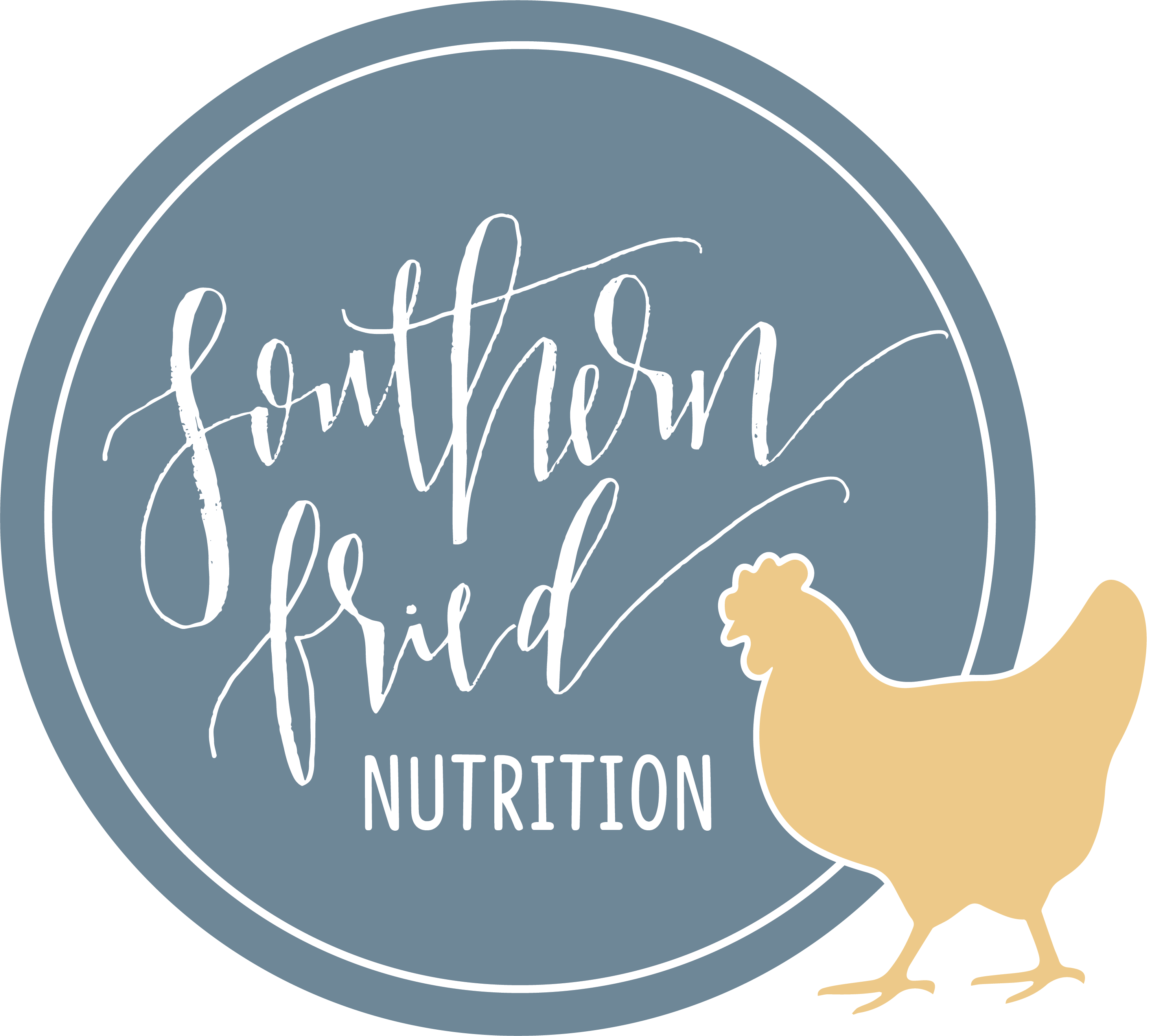May is National Food Allergy Awareness Month! It’s a great time to give some thought to this important health issue. Food allergies is an area of interest for me and I’ve had the opportunity to write and speak extensively about it over the past several years. I’m always amazed at how much misinformation is out there. Here are 5 food allergy facts that you may not know:
- True food allergies are a real medical condition that requires diagnosis by a physician – preferably a board certified allergist. Blood and skin tests can help with diagnosis, along with a good history, but the gold standard for diagnosis is an oral food challenge. Tests that claim to diagnose dozens or even hundreds of food and environmental allergies with one blood test are not recommended as reliable diagnostic procedures.
- Many people think that as many as 25% of the population, or more, have food allergies. This is likely because many other adverse food reactions, such as intolerance, sensitivities, and even food poisoning, can “look” like food allergies. About 4-6% of children and less than 4% of adults have food allergies. If you think you might
 have allergies, you should get an accurate diagnosis.
have allergies, you should get an accurate diagnosis. - While there are eight foods that elicit most food allergy reactions – milk, eggs, peanut, tree nut, fish, crustacean shellfish, wheat, and soy, food allergy reactions have been reported to more than 170 different foods. People can be allergic to nearly any food and severe reactions have been diagnosed to foods as diverse as mustard, beef, and celery, so it’s important to take all food allergies seriously.
- People with food allergies cannot safely eat even a small amount of the food they are allergic to, since even a small amount can cause a serious reaction. Moreover, reactions are highly unpredictable. Cross-contact, from utensils during serving or during preparation can cause a reaction. It is essential for allergenic foods to be kept separate from food being served to an allergic person. But just being in the presence of the allergenic food won’t cause a reaction.
- Living with food allergies can lead to higher levels of anxiety and poorer quality of life and nutrition status. Working with a registered dietitian can help allergic individuals avoid unnecessary restriction, obtain an optimal diet, and gain confidence navigating the food environment.
If you or someone you love has a food allergy, or if you think you may, check out this new campaign by FAACT and ACAAI about the accurate diagnosis and management of food allergies.
Disclosure: The National Peanut Board is a client of mine and a sponsor of the campaign. However, they did not pay me to write this post and I genuinely believe the resources provided are unbiased and reliable.

